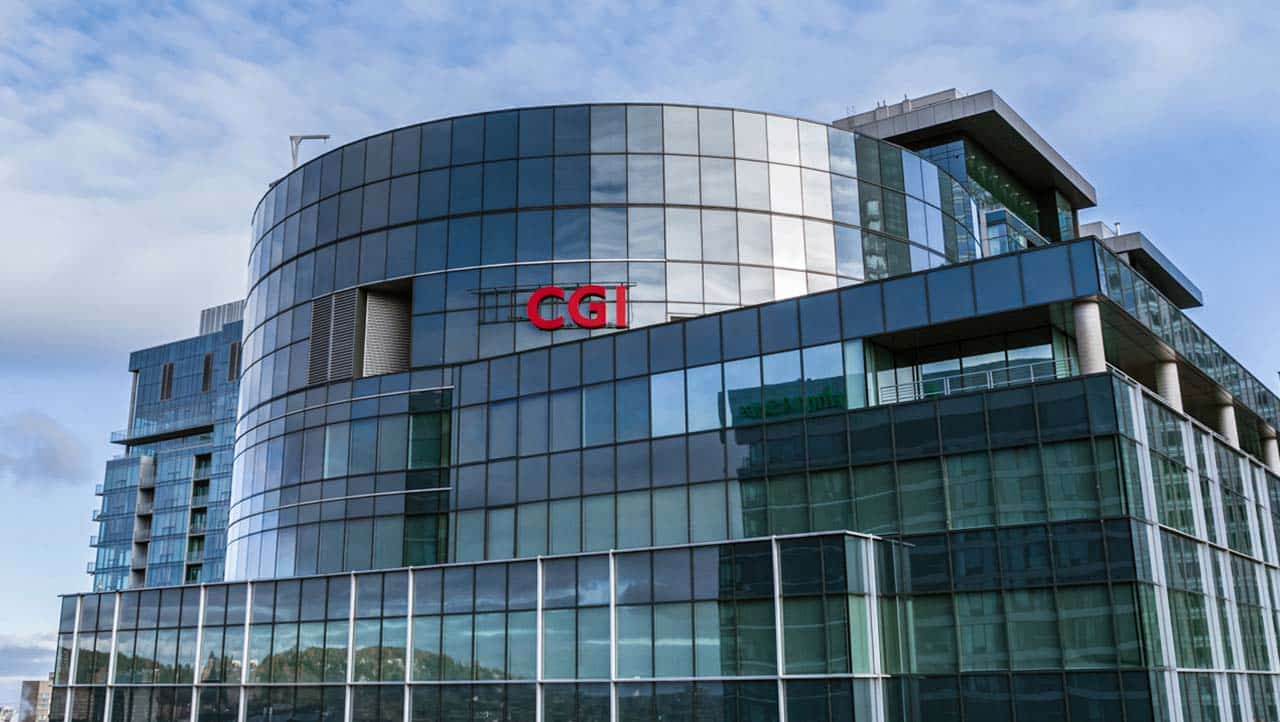
Roach on Healthcare.gov “We believe that CGI’s role and the facts surrounding this historical and complex initiative will become clear in the fullness of time.”One of the eternal frustrations with the media business is that a salacious scoop gets page one, and the retraction correcting all the things wrong with it comes a week later, on page 56. Sizzle sells. The facts? Sometimes not so much.
Late last year, Montreal’s CGI Group (TSX:GIB.A) became embroiled in the fallout around the poor performance of the Healthcare.gov site, which had been plagued by problems since launching on October 1st.
While some, including Marilyn Tavenner, the administrator of the Centers for Medicare and Medicaid Services, blamed CGI for the website’s problems, the company says the overall mandate was simply not theirs. At the time, Cheryl Campbell, a senior vice-president at CGI Federal defended her company’s role, which she says was inherently limited. “The Centers for Medicare and Medicaid Services (CMS) have the overall responsibility for administering the (market place for insurance),” she told the the House Committee on Energy and Commerce.
Recently, the New York Times revealed that the Obama administration is back at the table with CGI.
“After denigrating the work of CGI and replacing it as the largest contractor on the federal health care website, the Obama administration is negotiating with the company to extend its work on the project for a few months,” wrote reporters Robert Pear and Ian Austen.
Cantor Fitzgerald analyst Justin Kew says the sideshow that is Healthcare.gov won’t have a lasting impact on CGI Group because, following the $3.3-billion acquisition of London-based IT company Logica the company’s trajectory has been decidedly up. And Cormark analyst Richard Tse argues that there is a “lingering and recurring bear thesis” around CGI’s cash flow and profitability that is simply not reflective of the the company’s outlook going forward post the integration of Logica.
Cantech Letter talked to CGI Group CEO Michael Roach about Logica, Healthcare.gov and what’s ahead for the company.
Michael, if the full integration of Logica is a nine inning game, what inning is CGI in?
I would say we are still in the early innings of our commitment to creating a world champion in the IT and BPS services business. The merger with Logica has significantly advanced our ability to serve our clients at home and abroad – when and where they need our services. We are in a consolidating industry and are determined to be one of the remaining five to seven global companies post-consolidation.
You have a good track record of increasing the margins of the companies you acquire. Do you think that will play out with Logica?
Our integration with Logica has already yield significant improvements in operating margins to the point that we exited F2013 at 10.9% and averaged 8% for the fiscal year. We remain committed to being one of the top performers in our peer group and are confident that as we complete the second year of our integration plan, that we will gradually increase our operating performance.
To achieve our ultimate goals with respect to realizing our margin goals, we need to alter the mix of our European business, shifting more towards higher quality, recurring revenue that is embedded in our outsourcing and IP-based services and solutions offerings.
The acquisition of Logica overshadowed another acquisition you did in 2010, Arlington, Virginia based systems integrator Stanley. At the time we wrote that that acquisition may have been well timed because a global rebound of IT spending seemed imminent. How do you think the Stanley acquisition has played out?
The acquisition of Stanley in 2010 was part of a strategy to better balance the mix of our work with the U.S. Federal Government. Post-Stanley, we have realized this goal with 50% of our revenue associated with civilian agencies and approximately 50% associated with defense-related clients. Together, we now have access to 51 contract vehicles of which we are prime on 45, which really has increased our ability to bid and win additional business with this very significant and important client.
We completed our contract on the 28th of February and the system we were contracted to build – specifically the Federal Facilitated Marketplace – works.
CGI was partially blamed for the problems with the Healthcare.gov website. Do you feel that was unfair?
We are pleased to have played a significant role in the implementation of a transformational approach to acquiring healthcare insurance in the United States. We were chosen through a competitive process and outpaced our competitors on the basis of our track record and expertise in the health vertical. We completed our contract on the 28th of February and the system we were contracted to build – specifically the Federal Facilitated Marketplace – works. Over 3 million Americans have enrolled and the system is performing in a consistent and reliable manner. In addition, we were approached by CMS to extend our involvement throughout March, with an option for April, and agreed to do so because of our commitment to our client and to ensure a smooth path forward.
Finally, we believe that CGI’s role and the facts surrounding this historical and complex initiative will become clear in the fullness of time.
I know you are constantly asked about CGI declaring a dividend… Does a small part of you believe that a dividend for an innovation company is a tiny white flag, that you can better deploy that capital to grow the company and benefit shareholders that way?
We deploy our cash consistent with our build and buy growth strategy, necessary in a consolidating market. We do this by ensuring our cash is utilized in a fashion that is most accretive to our business and investors. Accordingly, we have prioritized our use of cash as follows:
- Reinvest back into the business in organic growth
- Accretive acquisitions – Logica was 53% accretive in year one
- Buy back our shares and/or reducing debt – presently we have a bias towards repurchasing CGI shares, given current valuations; and
- Lastly, as it is not accretive, paying a dividend.
That being said, we review the dividend question with our Board of Directors once a year, having completed the most recent review in February 2014.
Does the increased currency that is a higher share price mean you are more aggressive on the acquisition front, or does your process remain the same?
Our acquisition process is based on sound fundamentals and remains the same – opportunistic and in line with our strategy. We must be able to demonstrate that we have the right target, at the right time, and for the right price, with two out of three not being acceptable. With our existing global footprint and the industries we cover, each representing 85% of global IT spending, we are more focused on going deeper in existing geographies and industry sectors. While the currency is a consideration, it is not a determining factor with respect to our acquisition strategy.
CGI is now the most valuable technology stock in the country. Do you ever think about that?
In order to be a successful global champion, every public company requires the support of the three stakeholders – the clients, employees and investors. Accordingly, we are pleased that investors have recognized the inherent value in the company and are supportive of our long-term profitable growth strategy. To be clear, our goal is not to be the biggest company, but rather the best company providing significant value to our three stakeholders.
_____________________________________________________________________________________________________________
Leave a Reply
You must be logged in to post a comment.



 Share
Share Tweet
Tweet Share
Share



Comment